In the previous article titled ‘All you need to know about TCS on sale of Goods‘, I had tried to cover the various nuances of TCS on sale of goods applicable from 1st Oct 2020.
I received a large number of queries regarding the treatment of credit notes for TCS purpose, thus, I have tried to cover, the treatment of Credit Notes for the purpose of TCS on sale of Goods through various scenarios.
Scenario 1
Goods worth Rs. 60 lakhs (excluding GST) are sold by Mr A to Mr B. Mr B pays 58 lakhs and then a Credit note of Rs. 2 lakhs is issued on account of prompt payment or any other reason.
Now, as per the section, TCS is applicable on sale consideration received in excess of Rs.50 Lakhs. In this case, TCS shall be collected on Rs.8 lakhs only and not Rs. 10 lakhs as the difference of Rs.2 lakhs was never received. TCS is to be collected on sale consideration received in excess of Rs. 50 lakhs. Here, consideration received in excess of Rs. 50 lakhs is Rs. 8 lakhs only. Although, invoice amount is Rs. 60 lakhs, which is Rs. 10 lakhs more than Rs. 50 lakhs, the difference of Rs.2 Lakhs shall not be taxable as the same was never received.
Scenario 2
Continuing the above Eg let us say Mr B pays full amount of 60 lakhs and further purchases goods worth Rs.30 lakhs because of which he fulfils his purchase target and now becomes eligible for volume discount. Thus, on entire purchase of 90 lakhs, he has paid 88 lakhs the difference of 2 lakhs is adjusted through a credit note. In this case, TCS shall be collected on Rs.38 lakhs only, on Rs. 10 lakhs first and then on Rs.28 lakhs. Similar to the first case irrespective, of whether the Credit Note is received against the initial invoice of Rs. 60 lakhs or against the further invoices of Rs. 30 lakhs, the TCS would be collected on a net amount of Rs. 38 lakhs only as the difference of Rs.2 lakhs was never actually received by the seller.
Scenario 3
Now consider that Mr B pays the entire Rs. 90 lakhs and a further 10 lakhs as advance. Now when goods worth 10 lakhs are being supplied after let’s say a month, they realise that he is entitled to a Credit note of Rs.1 lakh on account of vol discount. In this case, despite the total transaction value being Rs. 99 lakhs, the TCS will be considered on Rs.1 Crore as by the end of the previous month that was the total sale consideration/receipt. Hence, TCS would be collected and paid on Rs.50 lakhs and not Rs. 49 lakhs as, at the time of receipt of the advance, the total sales consideration received is Rs. 1 Cr and hence, TCS shall be collected and paid on Rs.50 lakhs.
Expanding the above scenario, in case the amount of Rs.1 Cr is received and goods worth 1 Cr are supplied, they later on at the end of the year give them a further discount of Rs. 2 lakhs. Even in this scenario – TCS shall be collected on Rs.1 Cr as sale consideration was Rs. 1 Cr until credit note was received, which is much after the receipt of money and even sale.
Scenario 4
Goods worth Rs. 1 Crore were sold and consideration was paid for the same. Later on after suppose 3 months, goods worth 10 lakhs were returned and money paid back. In this case, also, TCS would be collected on the entire Rs 1 Cr and not 90 lakhs. The reason, in this case, is that the TCS is collectable on a monthly basis. Hence, at month-end, the full amount of sales consideration shall be subjected to TCS and subsequently, the same may be reversed on repayment. The same is not possible in the earlier scenario as the money was never paid back.
However, if both sale and return transaction happened within the same month, a slightly more prudent approach may be adopted and TCS may then be considered on net consideration.
Scenario 5
Now let us see what happens if the FY changes before a credit note is issued or goods are returned.
In such a case let us say goods worth Rs.1 Cr were sold and payment was made in FY 20-21. however, credit note was issued in FY 21-22 for Rs. 5 lakhs. In this case, TCS shall be collected on the full amount of Rs. 1 Cr (after allowing for a general exemption of Rs. 50 lakhs). Now, in case there is no other transaction in the next year, and the seller pays back Rs. 5 lakhs to square off the credit note, the TCS for 20-21 shall still be on full value as the consideration for FY 20-21 is Rs. 1 Cr.
In case, further transaction of Rs. 70 lakhs is effected, for which the seller receives, Rs. 65 lakhs after adjusting the credit note of Rs. 5 lakhs. In this case now after allowing for a general exemption of Rs. 50 lakhs, TCS may be collected on the balance Rs. 15 lakhs.
Now, let us assume that instead of issuing a credit note, goods worth Rs. 10 lakhs are returned by the buyer in the next Financial Year and the amount is paid back to the buyer. Despite the net sale consideration across two financial years coming down to Rs. 90 lakhs, the consideration received for the first financial year is Rs. 1 Cr and thus TCS shall be collected on entire sale consideration of Rs. 1 Cr. Unlike, in the above scenarios, here despite repayment of Rs. 10 lakhs, TCS shall not be reversed as this case is spread across two financial years. However, in case further sales are made in the next year and then this amount is adjusted from such sales, the TCS may be made on the net amount for the next financial year.
Conclusion : Of all issues, arising from TCS on sale of goods, Credit Notes are going to pose a challenge with the same being valued and determined at different stages of a transaction. However, it is important to correctly infer its impact and collect appropriate TCS accordingly to avoid any litigations later on. It is important to note that TCS credit shall be available to the buyer and hence, wherever it is difficult to determine applicability, TCS shall be collected to be on safer side of the law.
(Author can be reached at raviladiaca@gmail.com)







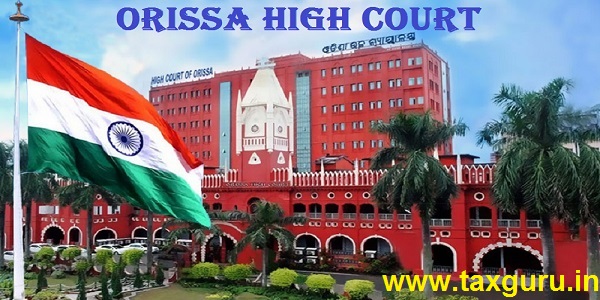

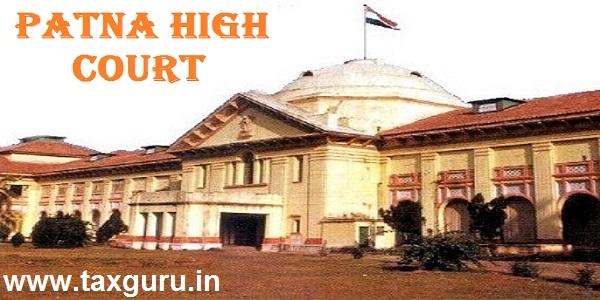






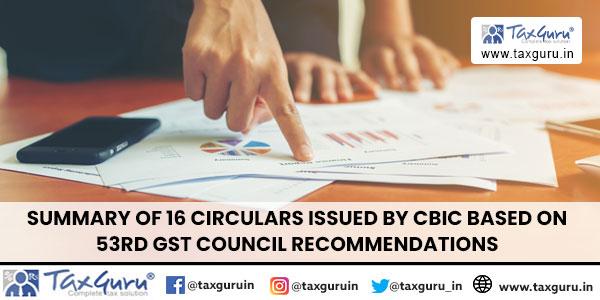
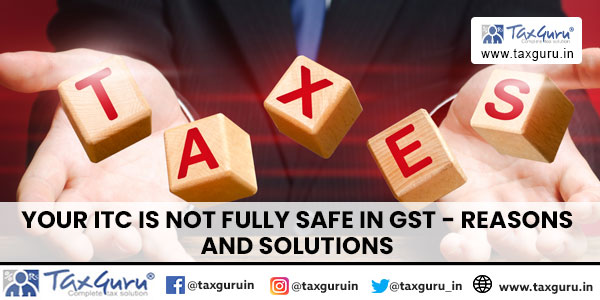
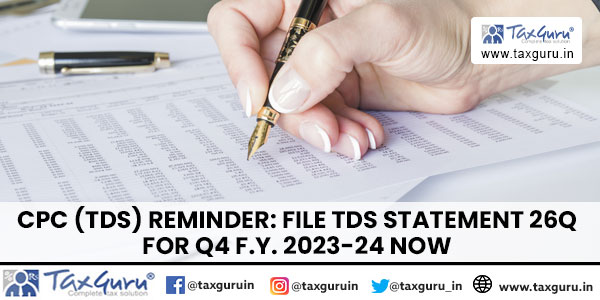
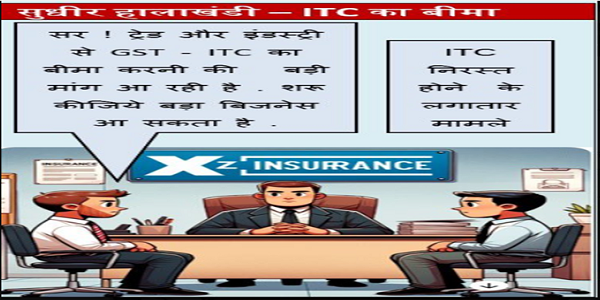
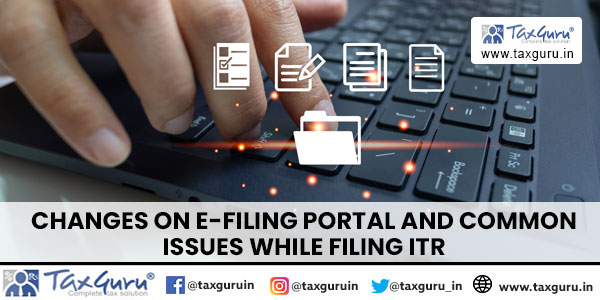
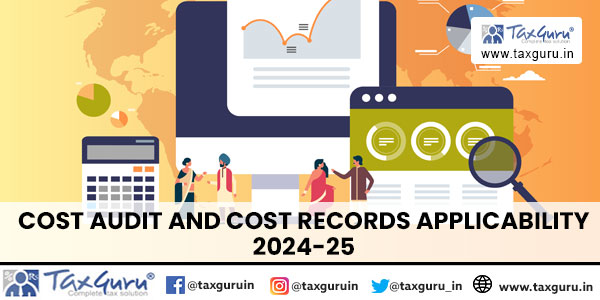









One query regarding TCS on sale of Goods:
One of my client had collected TCS in March 2021 on sale of goods in which transportation charges were also included… Now we are issuing credit note in respect of transportation charges since party made transportation arrangements … Whether to issue Credit note is resepect of TCS?
Pl. advise, whether TCS reversible on credit note issued against original invoice.
Can we raise quarterly debit note of TCS ?
In short, TCS is to be collected on actual amount collected. And this is irrespective of whether the amount paid (by the customer) is :
a) gross(full) payment, or
b) an advance or
c) net payment after settlement/adjustment of any discounts or credit notes pertaining to same or different financial years.
Is that correct?